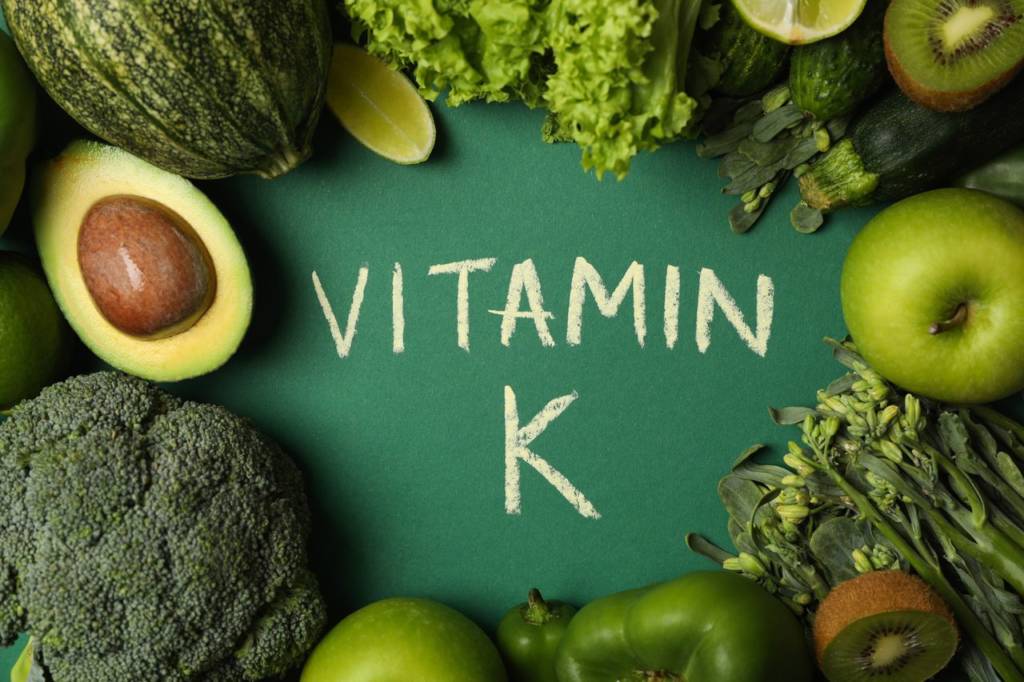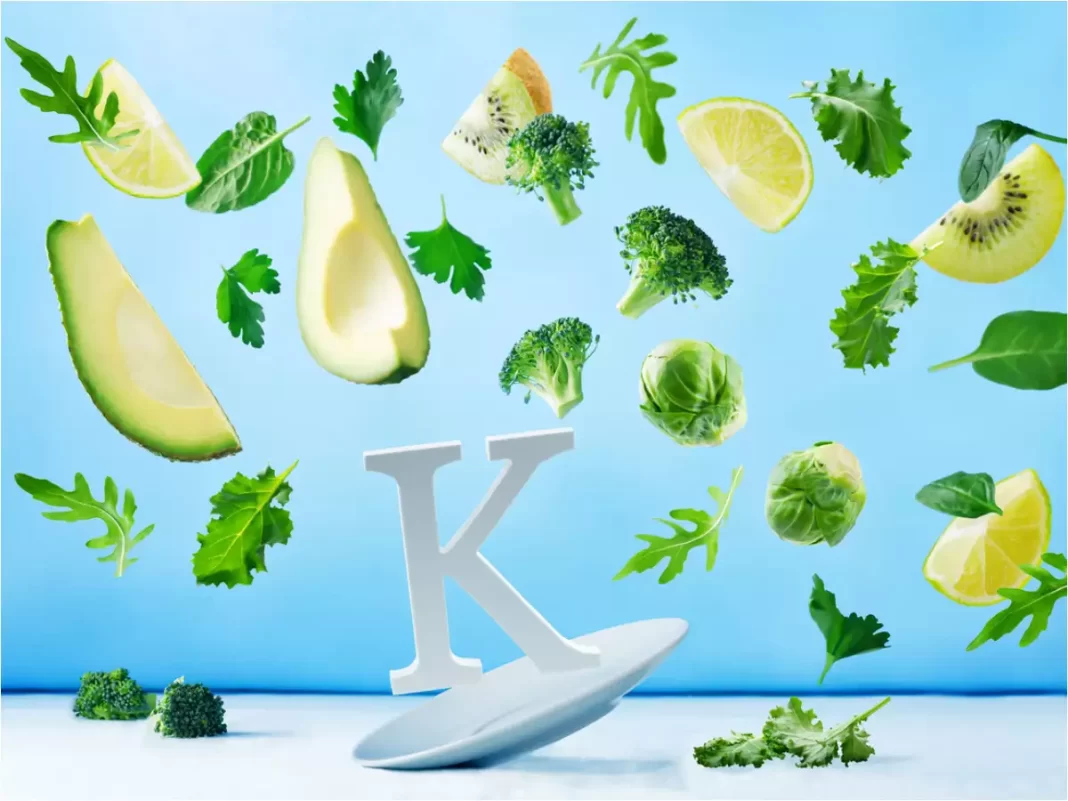The growth, repair, and proper operation of the human body depend on vitamin K. It facilitates the production of blood cells and is crucial for the immune system’s functionality as well as blood clotting and cell division.
The brain, liver, bones, heart, and pancreas are just a few of the organs in the body where vitamin K may be found. It disintegrates quickly and leaves the body through the urine and stools. Because of this, even when someone consumes huge amounts of foods high in vitamin K, it seldom comes into touch with the body’s level of toxins.
Read More: Healthy Eating Made Easy: 6 Butter Alternatives to Try Today
A class of lipophilic vitamins includes vitamins K. Water-soluble vitamins that are created by our bodies and present in food are referred to as lipophilic vitamins. Phylloquinone and menaquinones are the most important substances.
Leafy vegetables including spinach, kale, and collard greens contain phylloquinone, generally known as vitamin K1. On the other hand, fermented foods and animal foods include menaquiones, or vitamin K2. Bacteria in the human body naturally create menaquinones.

How to Understand Vitamin K’s Need?
While vitamin K insufficiency in adults is extremely uncommon, it might happen if someone is taking antibiotics or other drugs that prevent the body from making vitamin K. Those who face diseases like nutrition malabsorption may also be lacking in vitamin K. Due to the failure of vitamin K to pass the placenta and the low concentration of vitamin K in breast milk, a newborn kid may also be deficient.
Infants are at danger of bleeding if vitamin K supplements are not provided to them. This is because they only receive a little amount of blood clotting proteins when they are born. Listed below are a few symptoms of vitamin K deficiency:
- bleeding from the stomach, from the nose, from the skin, and occasionally while vomiting
- Haemorrhaging
- Blood in the stools and pee
- Osteopenia or osteoporosis
Increasing Immunity: The Crucial Function of Vitamin K.
A strong immune system is supported in large part by vitamin K. According to research, adequate vitamin K levels are necessary for good protection against bacterial and viral diseases including the flu and pneumonia. Moreover, gut health, which is strongly related to our immune system, is supported by vitamin K.
In addition, vitamin K aids in the activation of the Growth Arrest-Specific 6 (GAS6) protein in our bodies, which improves signalling and communication between cells and promotes the growth of new, healthy cells. Moreover, GAS6 helps to remove harmed cells from the body without hurting good ones, which lessens pain and inflammation.
Assuring an appropriate intake of foods high in vitamin K can enhance our general eating habits and encourage gut bacterial diversity, supporting the healthy operation of our immune systems. We can strengthen our immune systems and keep up optimum health by utilising vitamin K to its full potential.
Added Advantages of Vitamin K
- Some typical advantages of vitamin K for our bodies include the following:
1. Having a healthy menstrual cycle and pain relief.
There are several causes of excessive menstrual flow. The body’s deficiency in vitamin K is one of the causes. By reducing the amount of extra blood leaving the body, vitamin K-rich meals and vitamin K tablets can help lessen the heavy flow of menstrual blood.
The effects of aspirin or antibiotics, jaundice, gastrointestinal bleeding, inefficient protein and mineral absorption, and other problems are all prevented by vitamin K. Moreover, a vitamin K shortage can cause blockages, colitis, sprue, Chrohn’s disease, and other gastrointestinal issues. Furthermore, because this vitamin makes sure that every hormone in our body works properly, it also aids in reducing menstruation discomfort.
2. Reduction in Internal Bleeding.
One can eat meals that are high in vitamin K if they are experiencing excruciating menstruation discomfort. Canola oil, soybean oil, and green vegetables including kale, cabbage, spruce, lettuce, broccoli, and spinach are a few sources of vitamin K.








